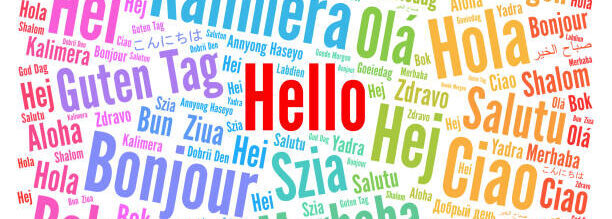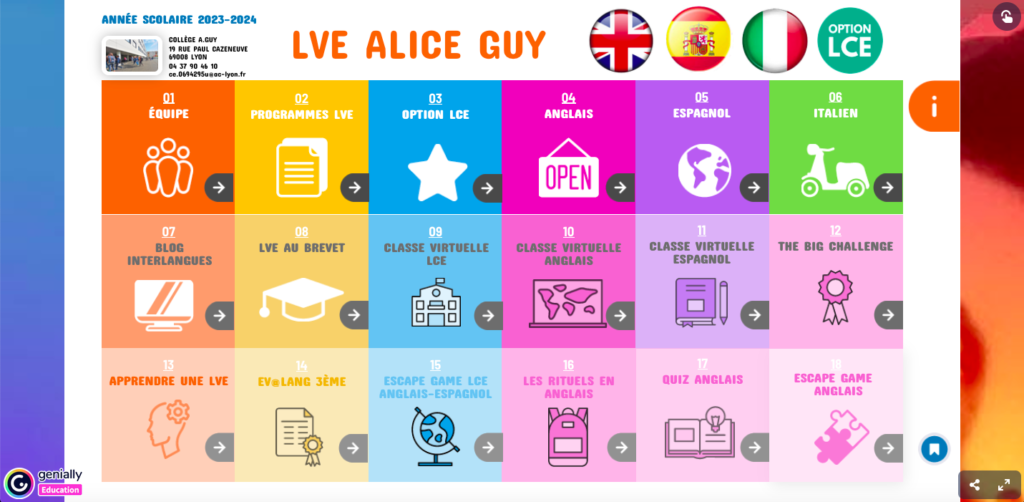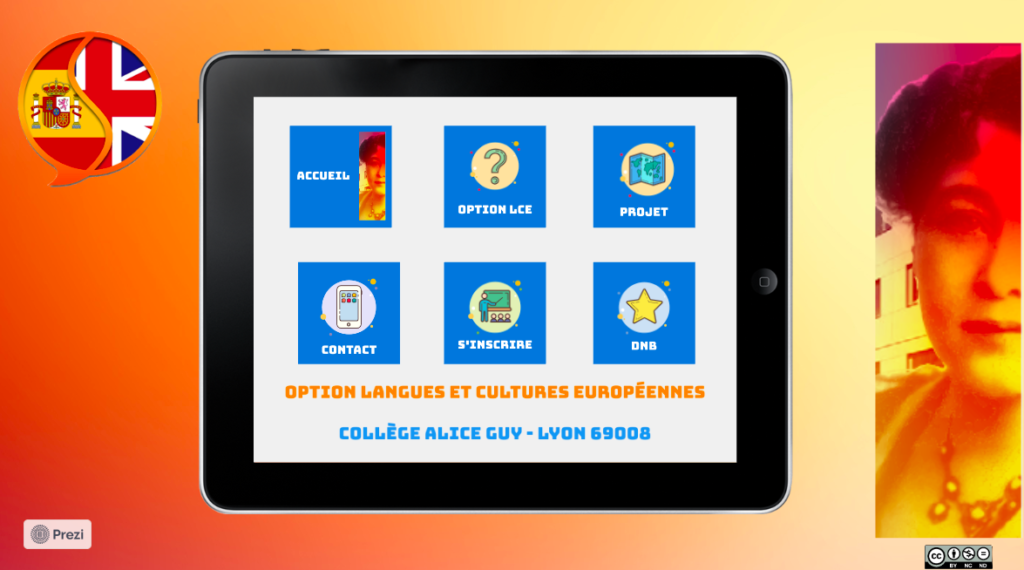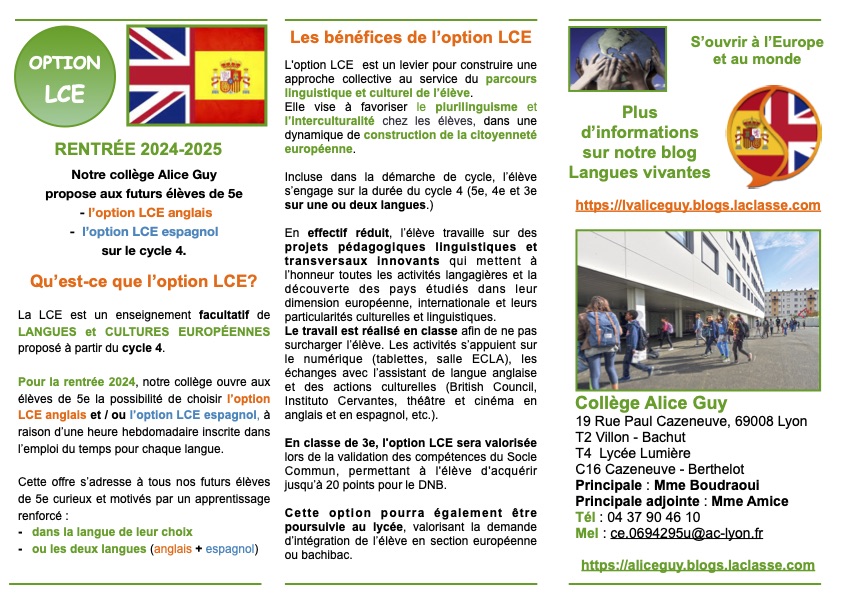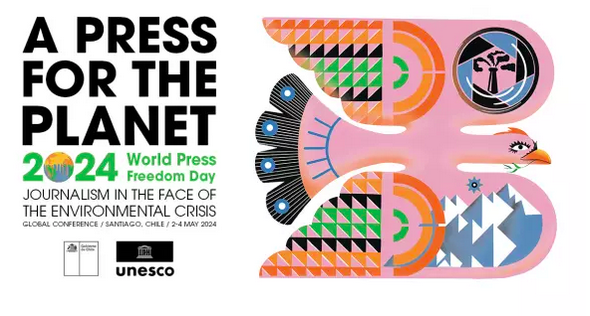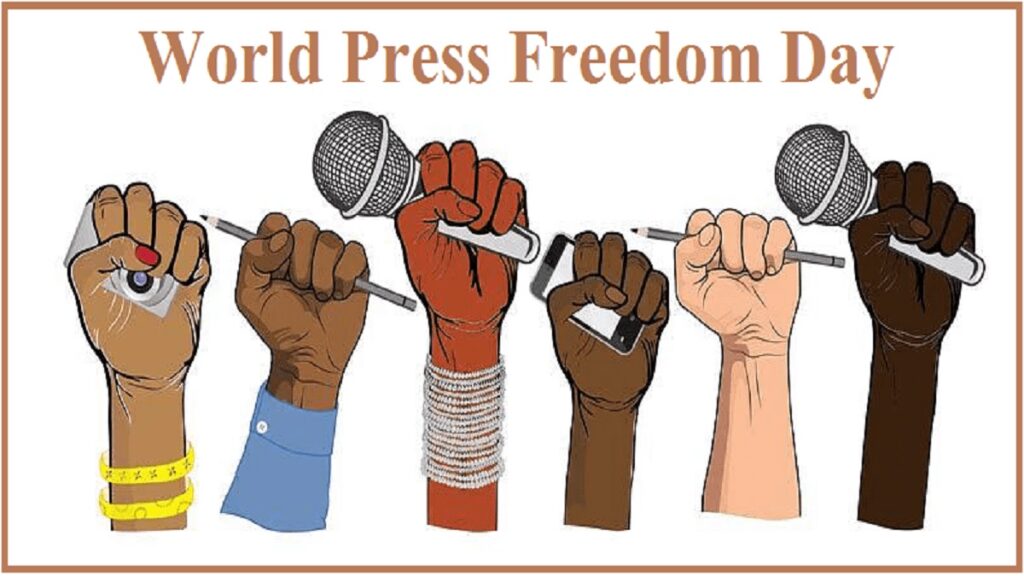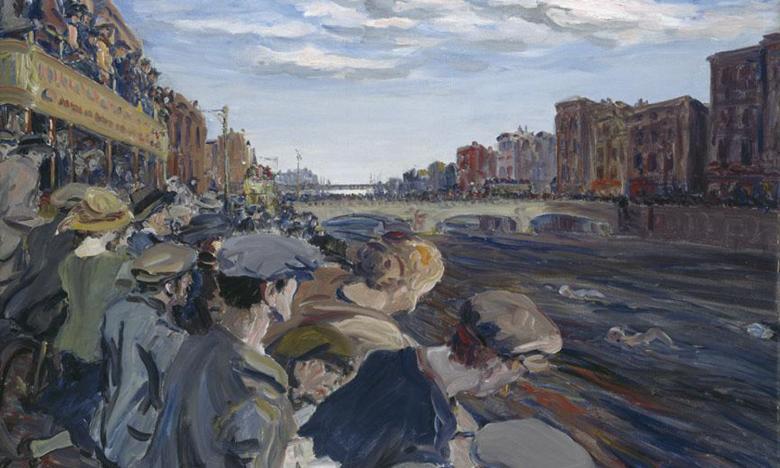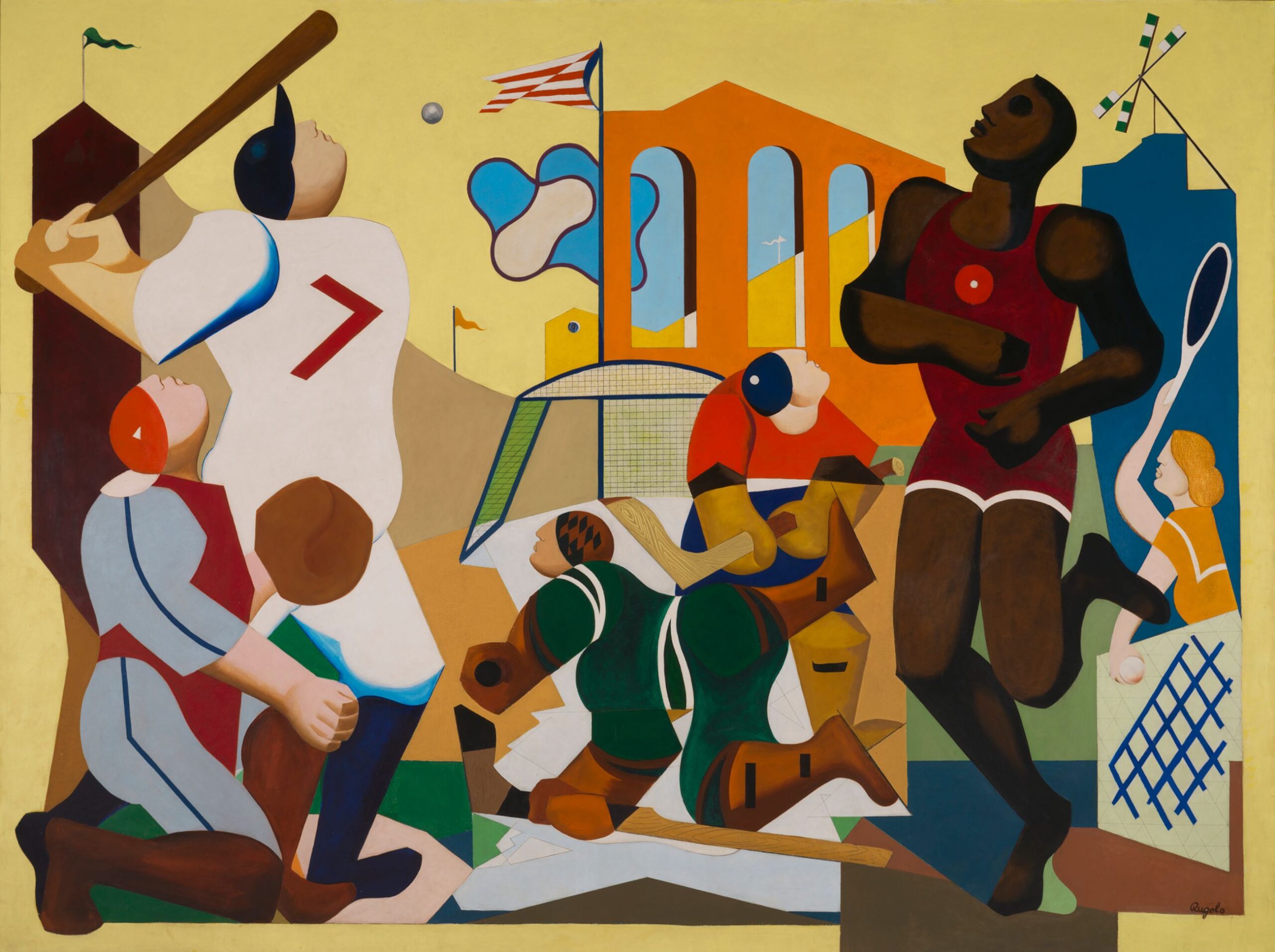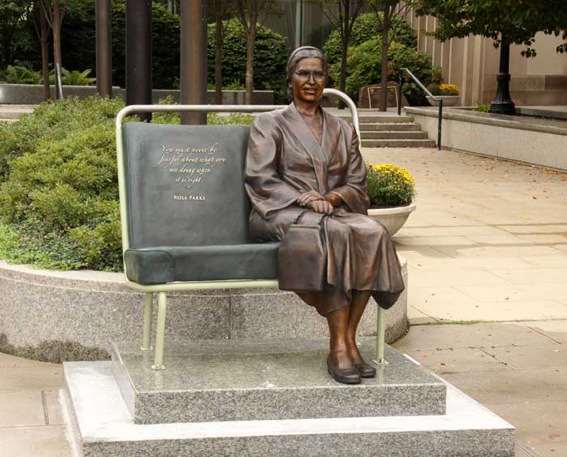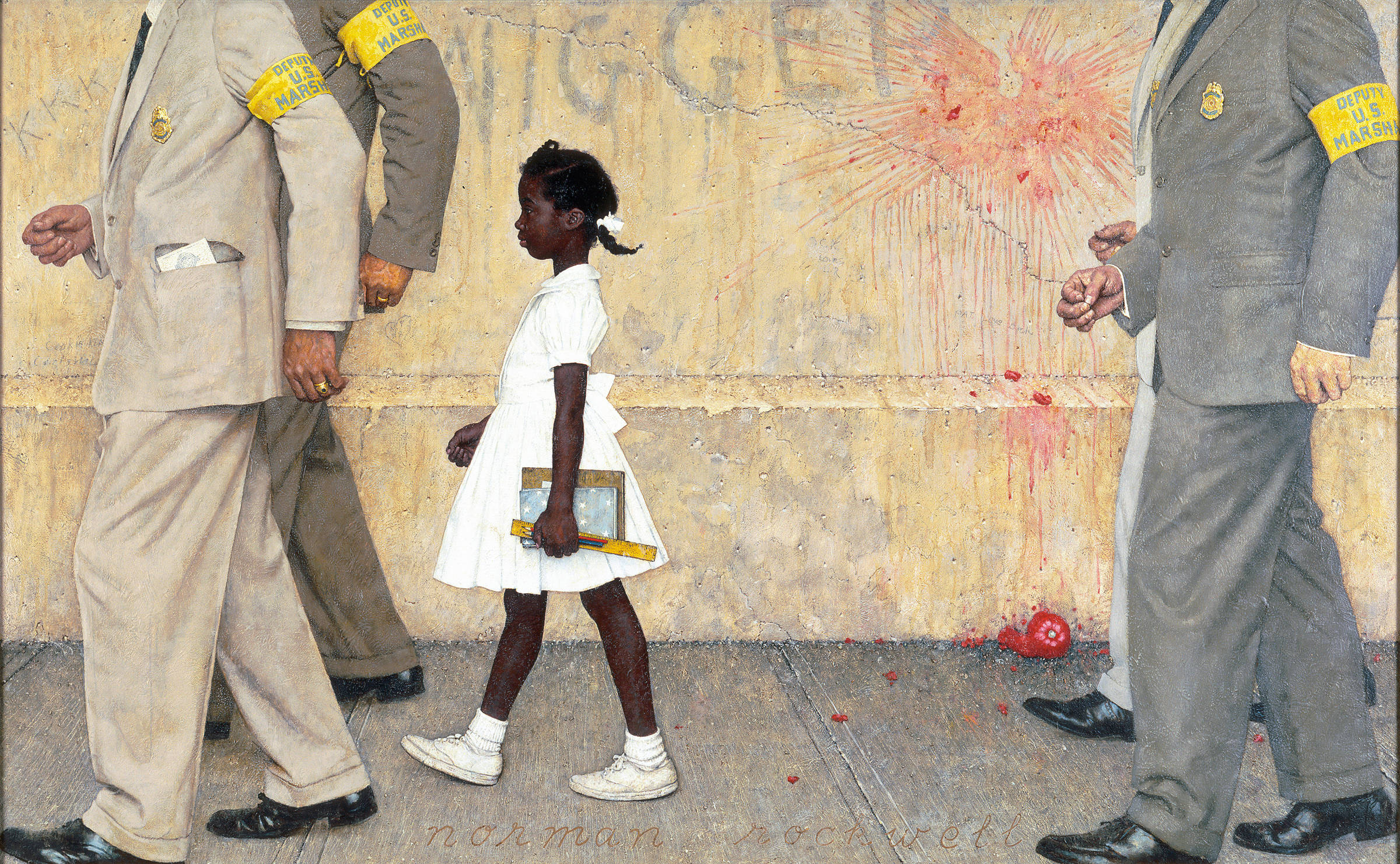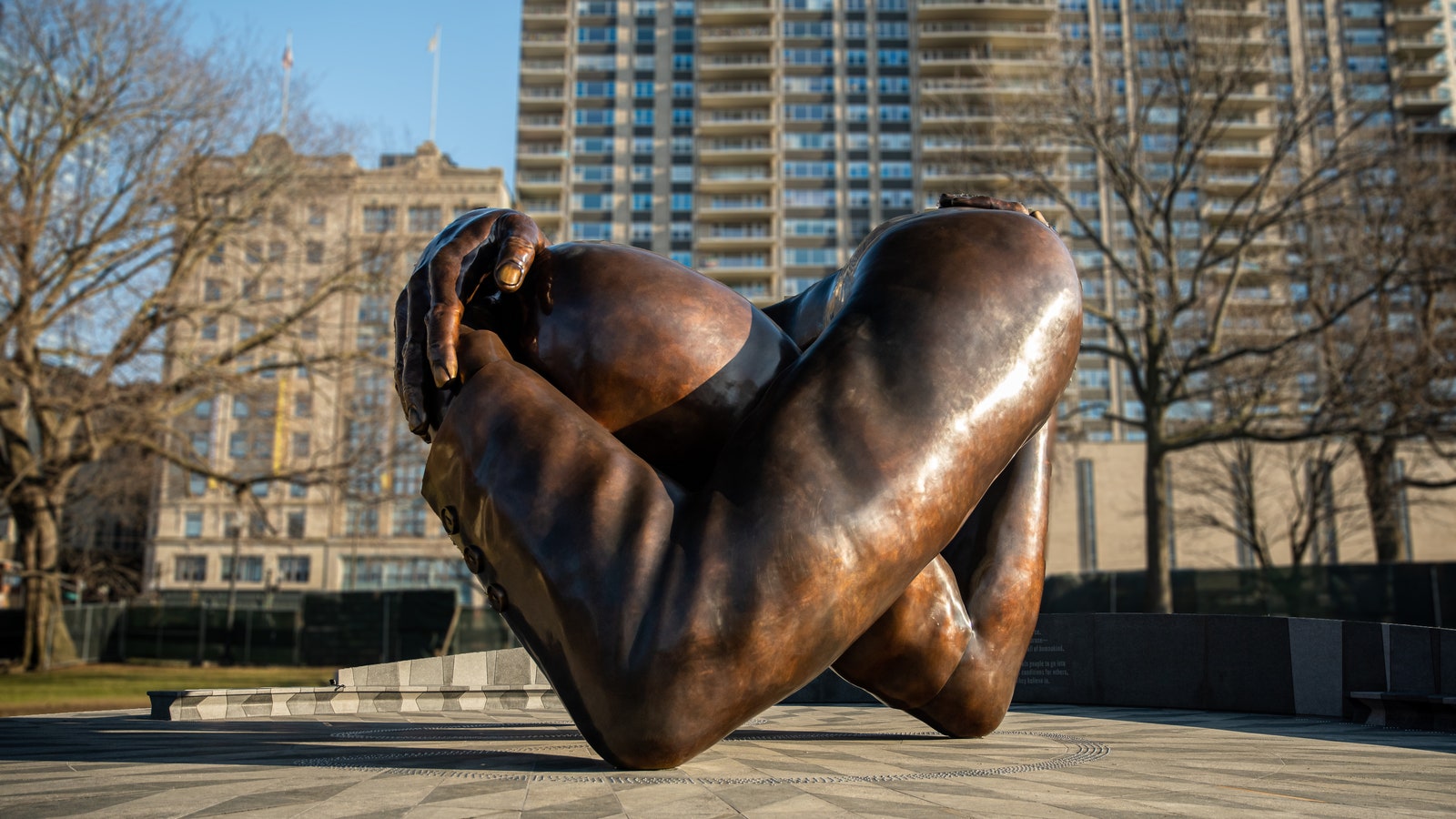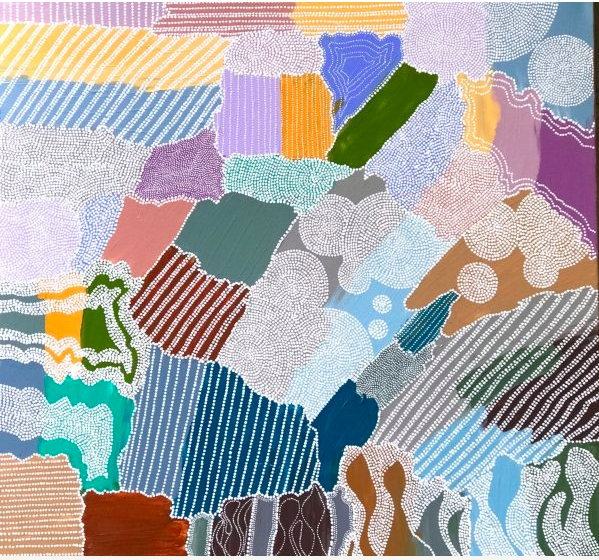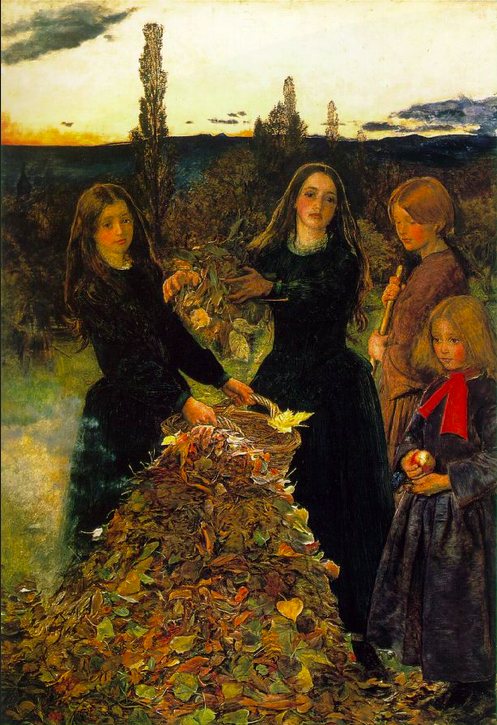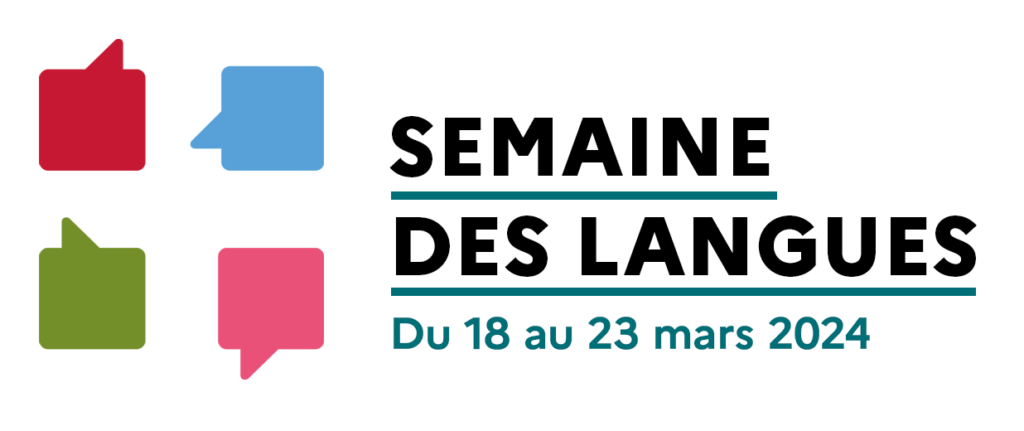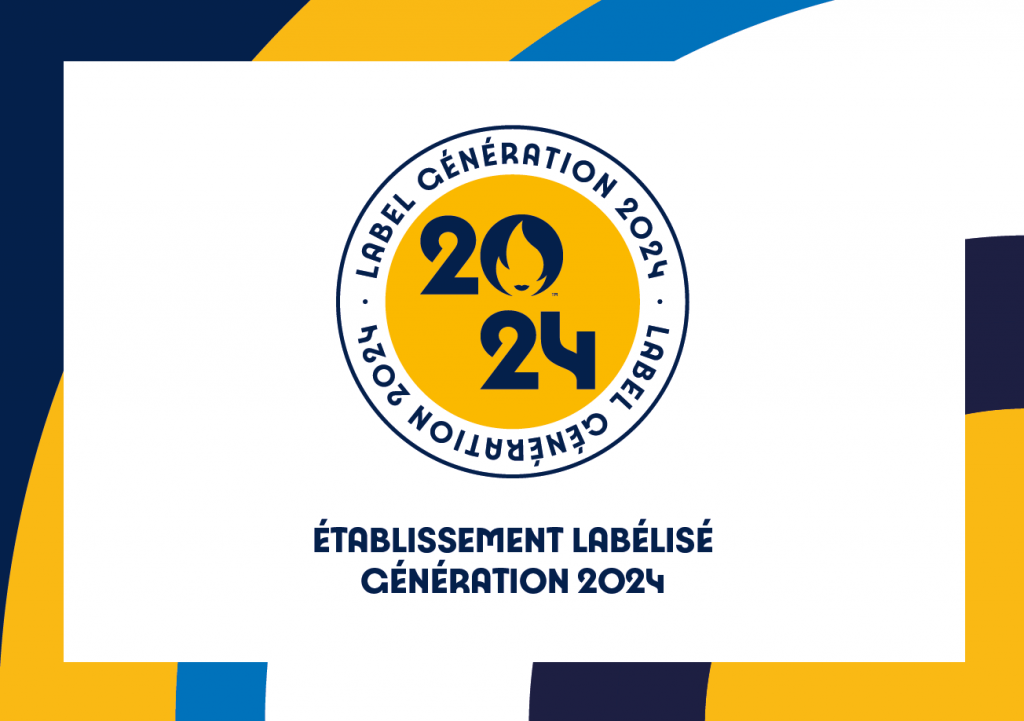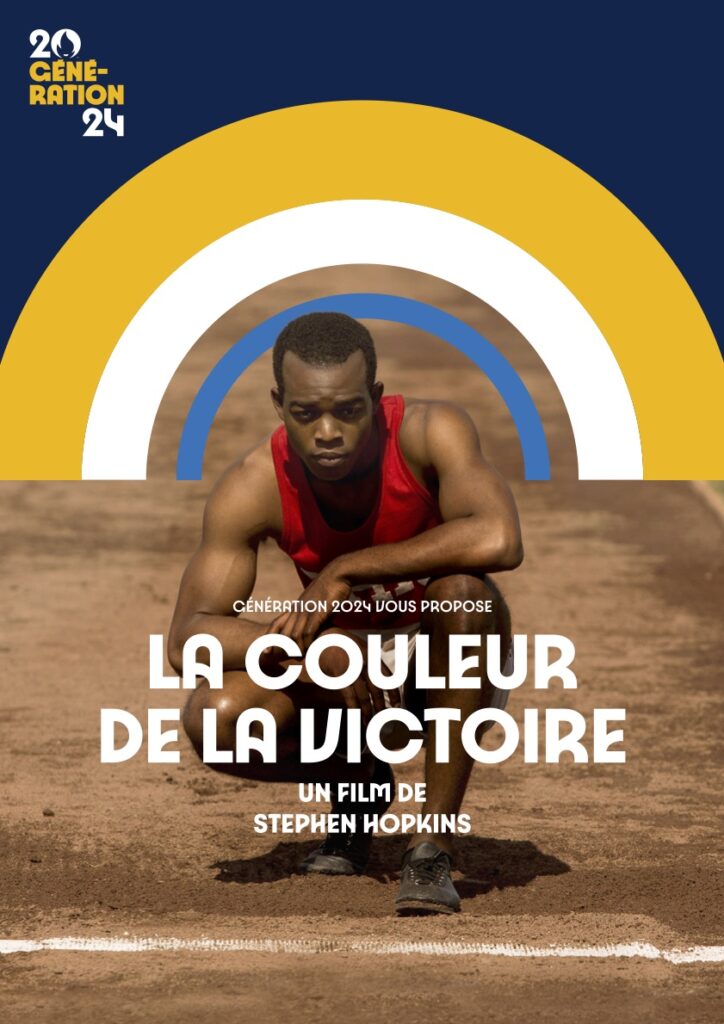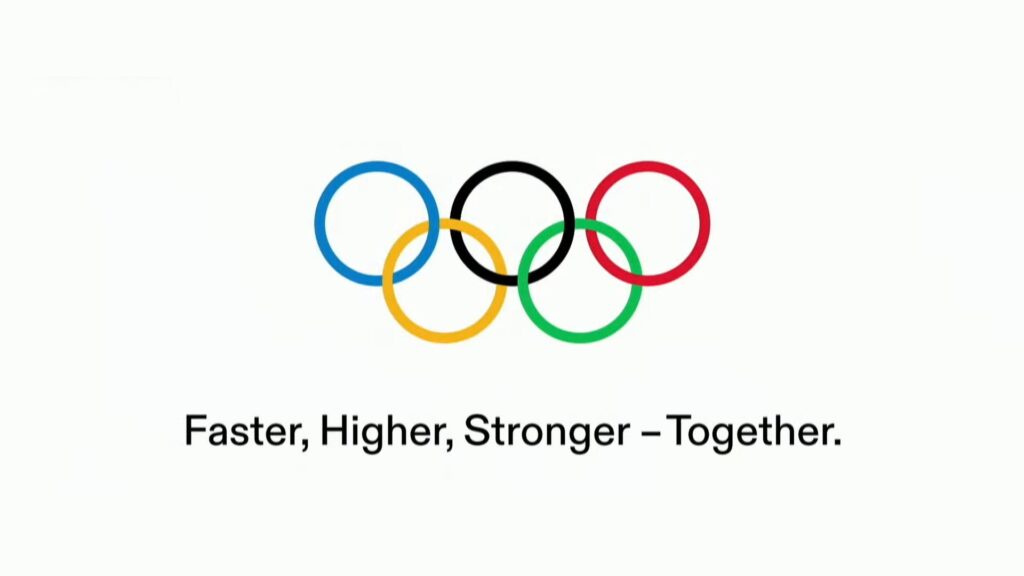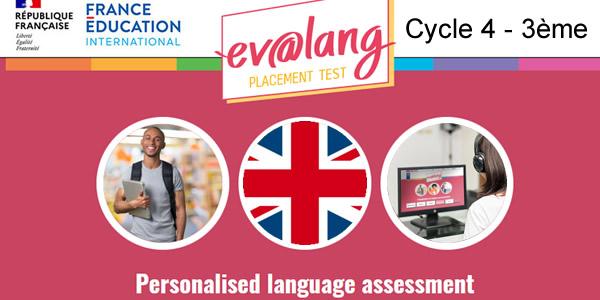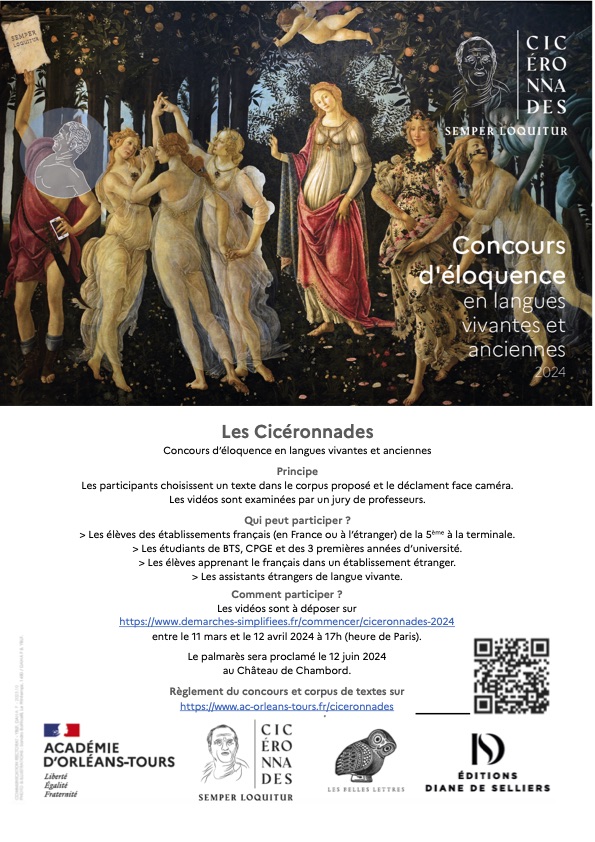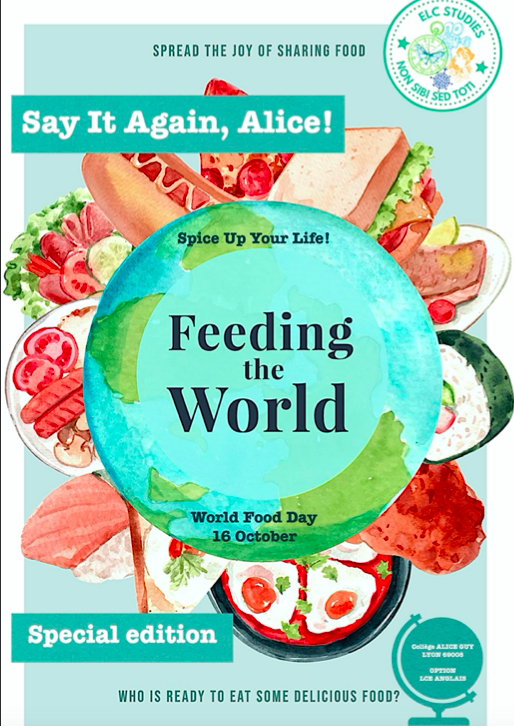Web article : Discrimination, a daily experience for young people in Ireland?
Racism and discrimination come in many forms and can negatively effect a young person’s self-esteem and self-worth, according to a report published by the Irish Human Rights and Equality Commission in 2023.
Racism and discrimination are daily experiences for many second generation young people in Ireland, according to a report published by the Irish Human Rights and Equality Commission.
Through online focus groups, 20 second generation ethnic minority people aged between 18 and 24, revealed that they experienced discrimination on a daily basis.
The report’s definition of “second-generation” not only comprises young people with ethnic minority backgrounds who were born in Ireland, but also includes those who came as very young children.
Forms of ever-present discrimination experienced on a daily basis included “dirty looks”, “people crossing the road” to avoid passing someone on the street, and bias relating to a person’s accent or perceived ability to communicate in English.
When talking about true equality and inclusion, young people often expressed their disappointment, frustration, fatigue and disillusionment.
On one occasion, equality was referred to as a “fairytale” reality.
This concern was echoed by other participants who pointed out that so far, racism and discrimination have only been addressed at an aspirational level, with little meaningful action or real change in their lives.
This failure and inaction was attributed to a lack of motivation amongst authority figures and politicians, who do not cater for the needs of ethnic minorities.
The report also points out that within the relevant literature, harassment in public places and on public transport was the most common form of discrimination and racism experienced.
It says meaningful change will only come with strong, inclusive leadership, a systemic approach to data-collection and strategic funding.
It suggests second generation participation in future policy making and a whole of society mobilisation.
While it notes that there has been consistent evidence of institutional racism and a culture of discrimination towards the Traveller community in Ireland, it says there has been a growth in racist, anti-immigrant and far-right organising, which needs to be robustly challenged.
Chief Commissioner Sinéad Gibney said that tackling racism is a long-term project which requires a sustained focus and coherent leadership from the State.
“Ireland is an ethnically diverse country. Racism not only affects those targeted directly, but also, if not challenged, sends a pernicious message that some of our people do not belong and can therefore be mistreated with impunity,” she said.
Report author Dr Malgosia Machowska-Kosciak said that regardless of how harmless terms used in the report such as “microaggression or microinsults” sound, “the ever-present and cumulative nature of these incidents in the participants’ lives, has a devastating impact on young people’s sense of belonging and on their wellbeing. They also contribute to discriminatory treatment and impact on young people’s access to education, employment and more.”
Report author Dr Maria Barry said the young people who participated in the study wanted and needed to be heard.
Web article by Ailbhe Conneely for https://www.rte.ie ( Ireland’s National Public Service Media)
Full article : https://www.rte.ie/news/ireland/2023/0227/1359073-racism-report
(Teaching English as a foreign language : Adapted for educational purposes only)
